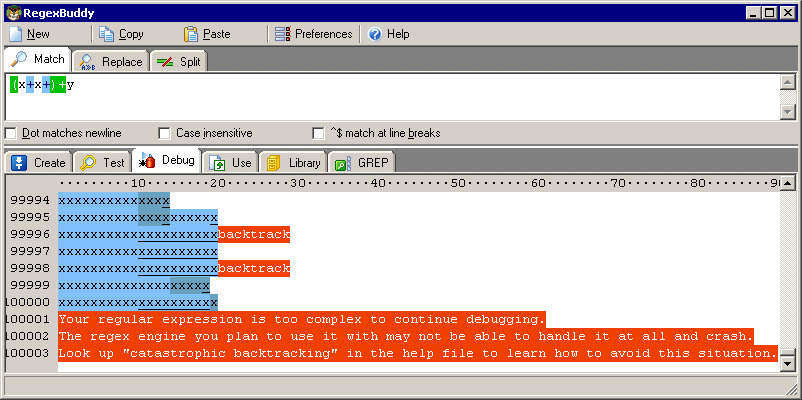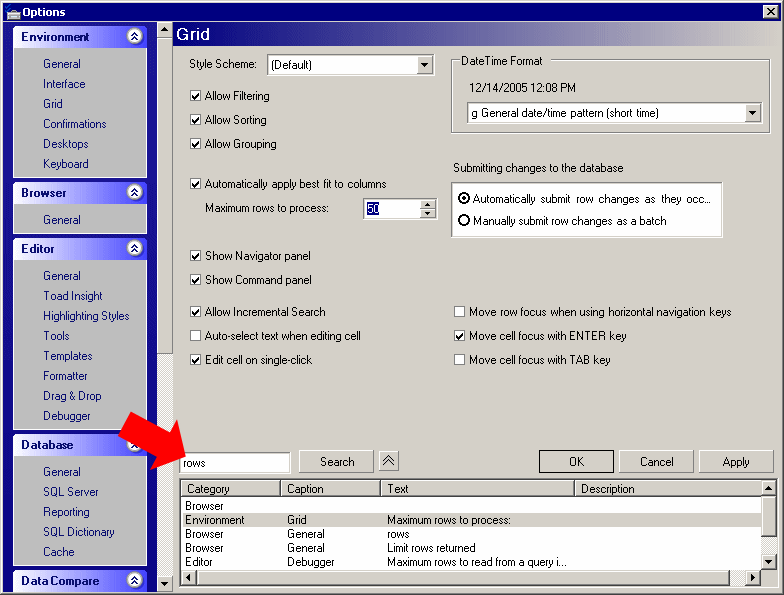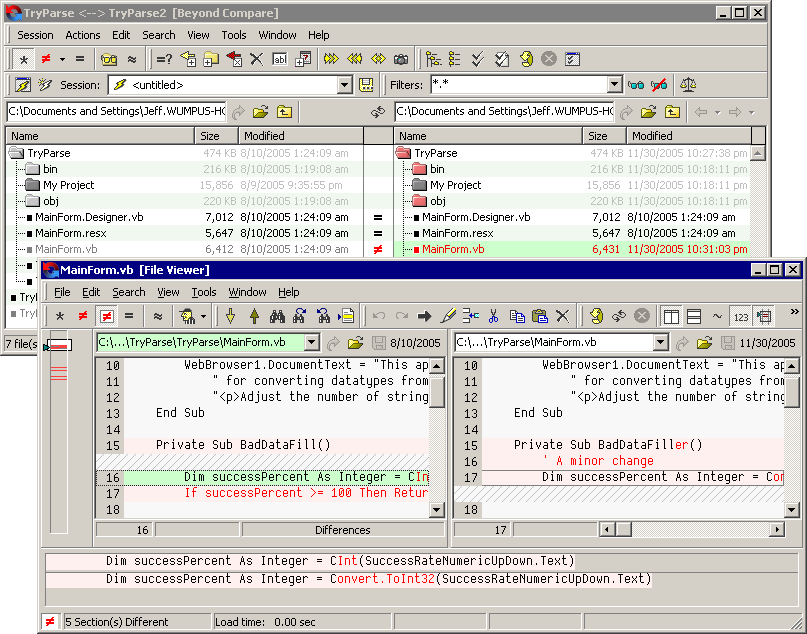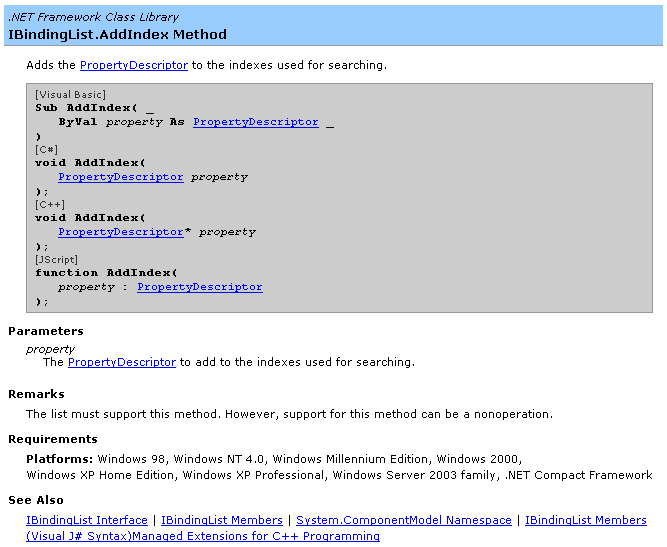software development
Code Reviews: Just Do It
In Humanizing Peer Reviews, Karl Wiegers starts with a powerful pronouncement: Peer review – an activity in which people other than the author of a software deliverable examine it for defects and improvement opportunities – is one of the most powerful software quality tools available. Peer review methods include inspections, walkthroughs, peer







